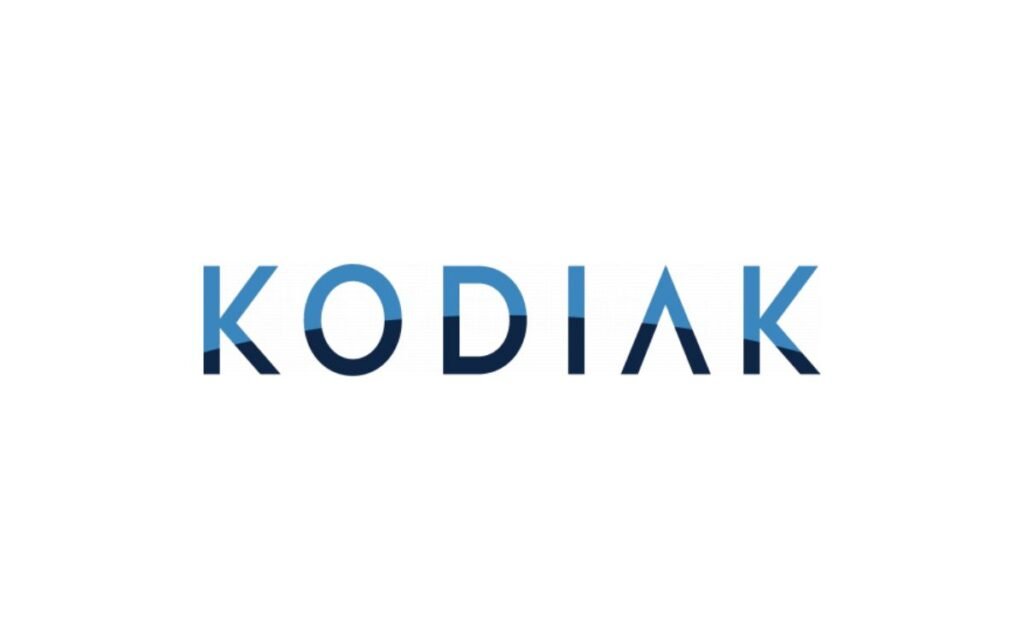Kodiak Sciences had previously abandoned its tarcocimab tedromer program following disappointing results in two phase 3 trials. However, a recent release of late-stage data has provided the anti-VEGF drug with a new opportunity for approval.
Kodiak made the announcement that it intends to “reboot” the program after the one-year data from the GLOW trial in non-proliferative diabetic retinopathy (NPDR) demonstrated that a 5-mg dose of tarcocimab tedromer met the primary endpoint. The results showed that 41.1% of evaluated patients who received tarcocimab exhibited a significant improvement on the Diabetic Retinopathy Severity Scale, by at least two steps, compared to only 1.4% of those in the control group.
This development is a remarkable turnaround for the drug, as it had faced setbacks due to an “unexpected increase in cataracts,” which had led to its failure in two identical trials against Regeneron and Bayer’s Eylea in diabetic macular edema (DME). These failures were particularly frustrating for Kodiak, given that they had already revised the trial designs in an attempt to increase their chances of success following a failed phase 2b study in wet age-related macular degeneration (AMD) the previous year.
Also Read: Regeneron’s High-Dose Eylea Launch Takes Off, Rivals Roche’s Vabysmo
Kodiak noted that the rates of serious ocular adverse events and intraocular inflammation were similar between the tarcocimab and control groups.
“This is the first time that 6-month dosing in all patients succeeded in treating diabetic retinopathy which we believe is a meaningful and clinically relevant achievement. We think that the consistency of the data across all endpoints, where tarcocimab significantly improved the diabetic eye disease status and, importantly, significantly prevented sight-threatening complications, is remarkable. The GLOW data reinforce the durability potential of tarcocimab and the antibody biopolymer conjugate platform (ABC Platform) in the management of retinal vascular diseases.”
– Dr. J. Pablo Velazquez-Martin, Senior Vice President of Clinical Sciences at Kodiak Sciences
Despite its prior clinical challenges, Kodiak’s leadership expressed confidence in the latest GLOW trial results. These positive findings, along with the drug’s success in a phase 3 trial last year for macular edema due to retinal vein occlusion (RVO), have now encouraged the company to revive the program.
The earlier phase 3 failures in July had also raised doubts about Kodiak’s other clinical-stage candidate, KSI-501, a bispecific inhibitor targeting both IL-17 and VEGF in a phase 1 study for DME. However, Kodiak has now indicated that the promising tarcocimab data will enable them to continue developing KSI-501 in both its enhanced bispecific and bispecific-free protein versions.
Also Read: FDA Approves Eylea HD Injection 8 Mg For The Treatment Of Wet Age-Related Macular Degeneration, Diabetic Macular Edema, And Diabetic Retinopathy
With $378.7 million in cash and equivalents at the end of June, Kodiak stated that it has adequate funds to support the development of tarcocimab and both versions of KSI-501.
“We think that durability remains the most clinically relevant unmet patient need. We now have three successful phase 3 pivotal studies with tarcocimab tedromer across three different retinal vascular and exudative diseases: wet AMD, RVO and NPDR. In recent discussions with the FDA, which included the GLOW data, we believe we have a clear regulatory pathway requiring one additional positive study to support a single BLA submission for all three indications.”
– Dr. Victor Perlroth, CEO of Kodiak
“We have actionable learnings from the tarcocimab clinical program that we used to develop an enhanced commercial formulation of tarcocimab that balances free antibody and conjugated antibody to improve manufacturability and, importantly, to improve usability by reducing injection time from 7-10 seconds to 2-3 seconds. This formulation has already been manufactured at commercial scale and is ready for use in clinical trials. After evaluation of the Phase 3 data across the tarcocimab program and based on conversations with members of the retina community, we believe our commercial tarcocimab formulation could be an important future therapeutic option. As a result, we have decided to run another pivotal study with the intent to file a single BLA for RVO, wet AMD and NPDR. This enhancement to the ABC Platform is also being implemented in our first-in-class anti-IL-6 and anti-VEGF bispecific KSI-501 ABC,” Dr. Perlroth concluded.





























